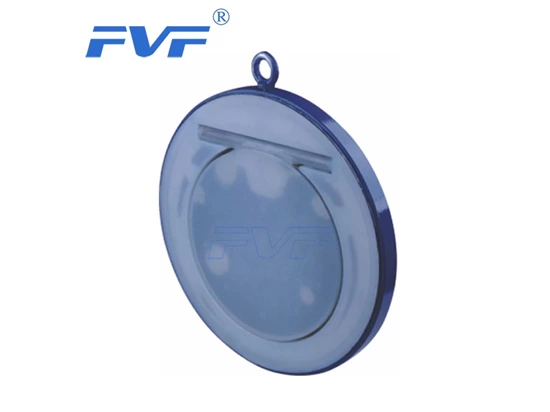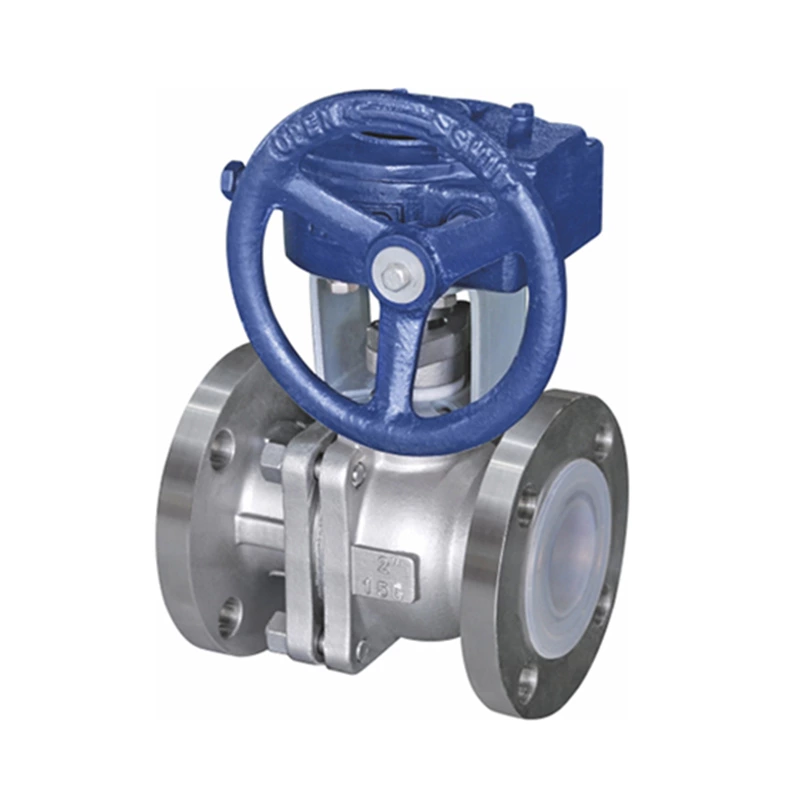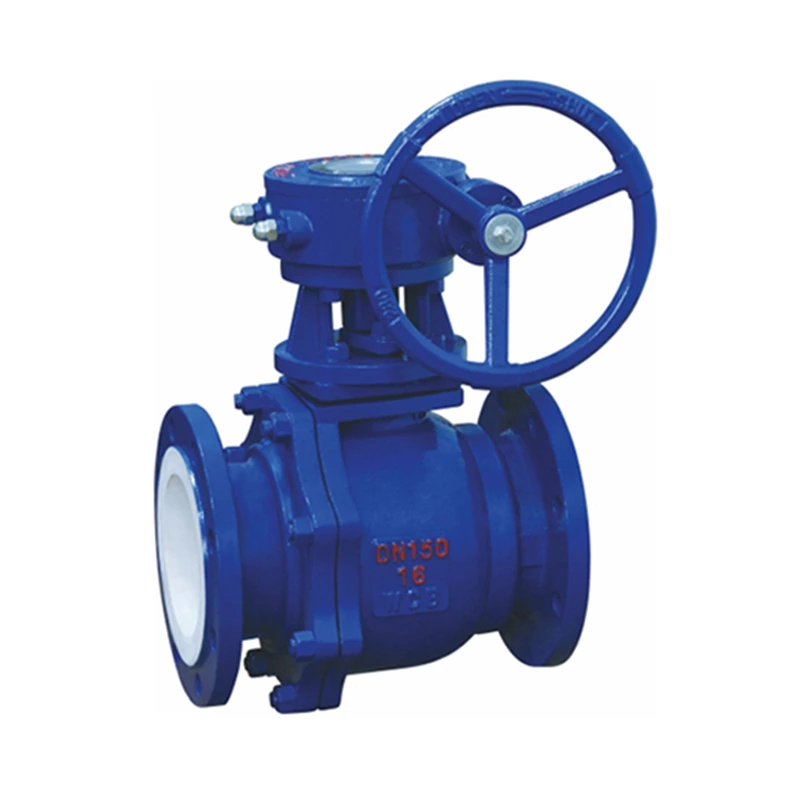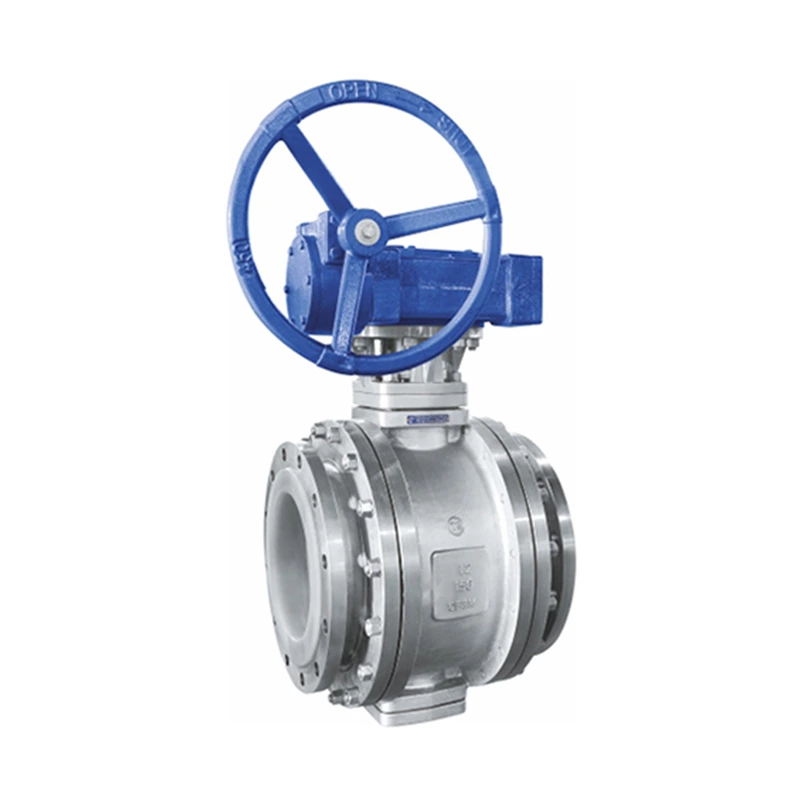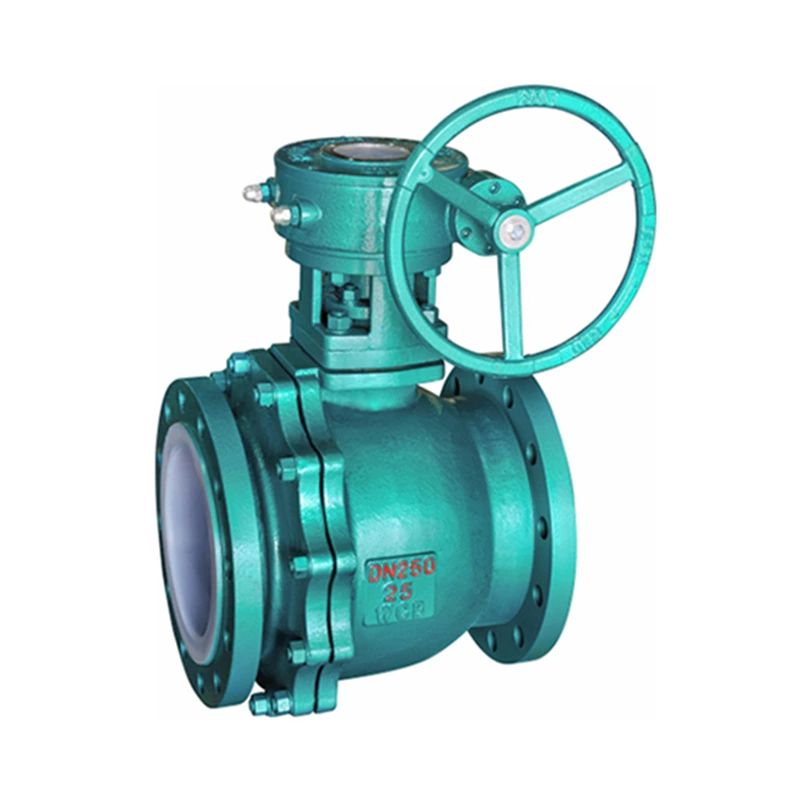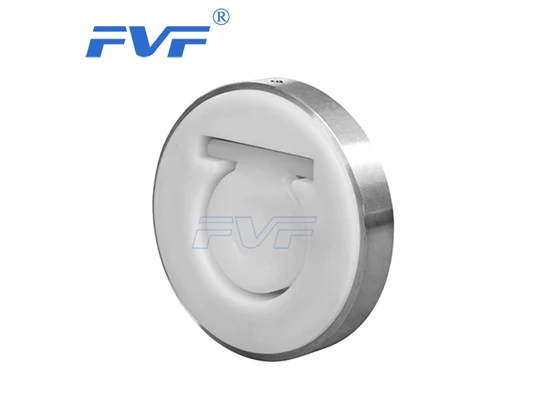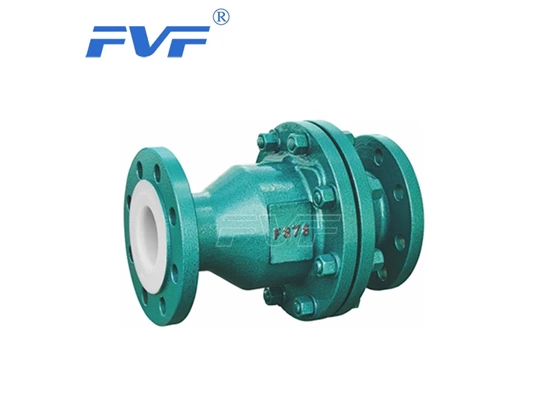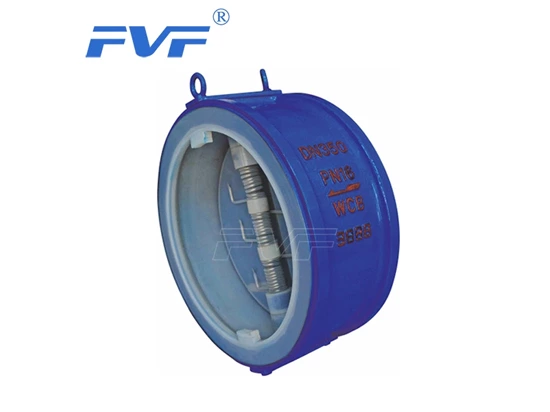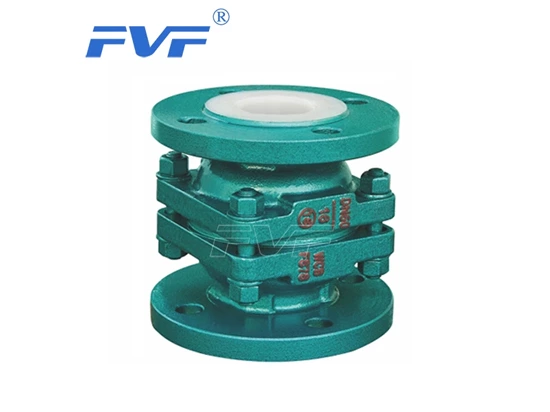Selection Of Fluorine-lined Valves
How to correctly and reasonably select Lined Valve is a question of great concern to chemical companies and chemical design institutes. Yongjia County Baogong Valve Technology Co., Ltd. proposes the following precautions on how to select fluorine-lined valves based on the experience of many users in field applications for many years for your reference. Fluorine-lined valves have been widely used in devices that are exposed to strong corrosive media such as acids and alkalis in the petroleum, chemical, pharmaceutical, metallurgical, and electric power industries. However, how to select and use fluorine-lined valves well, based on the experience of many years of field applications of our users, the following precautions are proposed for the use of medium temperature, pressure, pressure difference and other conditions when selecting fluorine-lined valves:
1. The medium conditions used in fluorine-lined valves should not contain hard particles, crystals, impurities, etc., so as to avoid the valve from wearing out the fluorine-lined layer or PTFE bellows of the valve core and valve seat during the operation of opening and closing. For media with hard particles, crystals, and impurities, the valve core and valve seat can be replaced with Hastelloy when selecting.
2. Medium temperature used in fluorine-lined valves: All types of fluorine-lined valves of our company use fluorine plastic F46 (FEP), and the medium temperature used cannot exceed 150℃ (the medium temperature can reach 150℃ for a short time, and the long-term use temperature should be controlled within 120℃). Otherwise, the F46 lining of each part of the valve is easy to soften and deform, causing the valve to not close tightly and large leakage. If the medium temperature used is below 180℃ for a short time and below 150℃ for a long time, another fluorine plastic-PFA can be selected, but the PFA fluorine plastic lining is more expensive than the F46 lining.
3. Pressure and pressure difference should be controlled within the allowable range. Especially for fluorine-lined regulating valves and fluorine-lined stop valves sealed by bellows. Because the bellows is made of PTFE material, the pressure and pressure difference are large, which can easily cause the bellows to rupture. For fluorine-lined regulating valves sealed by bellows, if the pressure and pressure difference of the use conditions are large, they can be changed to PTFE packing seals.
4. Fluorine-lined valves should correctly select the size of the valve according to the required flow rate (Cv value). When selecting, the diameter and opening degree of the fluorine-lined valve should be calculated according to the required flow rate (Cv value) and other technical parameters. If the valve diameter is too large, the valve will inevitably operate at a small opening for a long time. In addition to the pressure of the medium, it is easy for the valve core and stem to be impacted by the medium and cause the valve to vibrate. The valve core stem may even break under the impact of the medium for a long time. When users select various types of fluorine-lined valves, they should understand and master the technical conditions of use as much as possible in order to select and use them well and increase the service life of the valve. When encountering situations that exceed the scope of the technical conditions of use, they should propose to the manufacturer, negotiate together, and take corresponding countermeasures to solve them.
5. There should be no negative pressure. Fluorine-lined valves should avoid negative pressure in the pipeline used. If there is negative pressure, it is easy to cause the fluorine lining layer in the inner cavity of the valve to be sucked out (bulged) and peeled off, resulting in failure of the valve to open or close.
